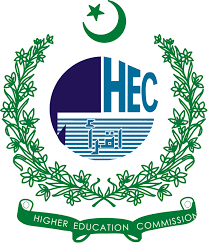Personal Meaning and Landscape in Mrs. Dalloway: An Ecocritical Study
Abstract
This research paper applies an ecocritical perspective to Virginia Woolf’s novel Mrs. Dalloway and studies how nature has been used to describe the personal feelings of the characters, both major and minor, in the context of industrialization and post-World War 1 era in London. Through the ecocritical lens, this paper explores how Woolf links natural elements i.e., flowers, trees and sky with her writing techniques of the stream of consciousness and inner monologue to reflect the psychological self of different characters. The ideas presented by the theorist Richard Kerridge, that of a possible ‘poetic engagement’ of literature with the natural world in an industrialized era, and Britain’s nature as a common self-referent have been taken as the framework for this research. The paper closely analyses the text of the novel, focusing on the statements that link nature with the characters’ emotions, and draws to a conclusion claiming that this recurrence of nature in Mrs. Dalloway is a deliberate act on the author’s part to at least figuratively preserve nature in a time period that has destroyed as well as pushed nature into the background.




